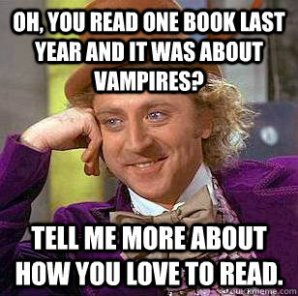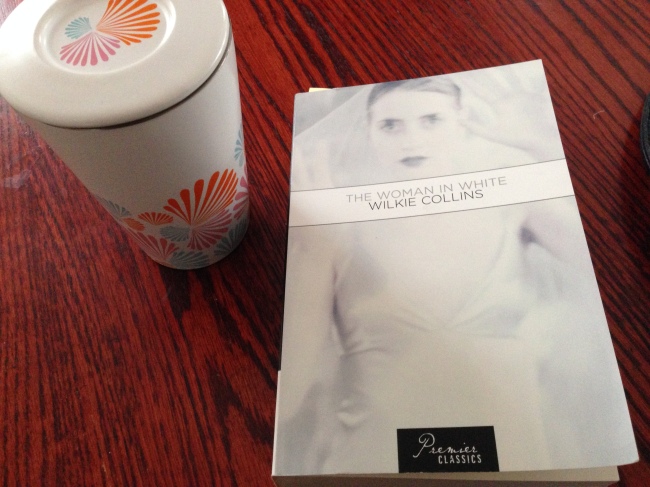If you’re looking for a typical mystery novel with predictable twists and turns look elsewhere because you won’t find it in Wilkie Collin’s novel the Woman in White. The story revolves around Walter Hartright a drawing master who encounters a mysterious woman named Anne Catherick on a road heading to London. She is wearing only white and seems to have no destination, friends or family. Walter has no idea that his encounter with Anne will lead him on a treacherous journey filled with scandal, false identities, asylums and a chance to save the love of his life. After parting ways with Anne, Walter spends his summer in the company of Marian Halcombe and Laura Fairlie. His life and the life of these two women become entwined forever when Walter falls in love with Laura although she is already promised to someone else. Their love story is one of two main premises of the novel, the other being the mystery of Anne’s true identity. The story alternates between various points of view all relating back to Anne and a strange secret she wishes to share with Laura about her betrothed.
The story itself is complicated but despite the various transitions between points of view the novel is easy to follow and written extremely well. The characters drive the story forward through their honorable motives, crazy eccentrics and shrewd personalities. There is Count Fosco who is exuberant in his attire and manner. He practically jumps out of the pages and lures you in with his quick wit and cunning. There is Marian, a strong level headed woman who wants nothing more then to save her dear sister. She is fiercely loyal and a force to be reckoned with. Then there is Laura’s husband Sir Percival Glyde, a spineless man with a horrible temper. Collins characters come to life through his strong prose, resonating with you long after the story is over.
For most of my life I have only ever read mystery novels. The suspense of who did it and trying to see the twists and turns before they come has always been a motivating factor behind my love of the genre. This novel is known as one of the first mystery novels of its time and I have to say it is one of the best mysteries I have ever read. The story was unpredictable and the characters were unmatched in their desires to either wreak havoc or right a terrible wrong. Collins kept me on my toes and piqued my interest with every page. This was my first classical fiction novel and boy am I ever glad that I picked it up. If you’re looking for a novel that’s off beat with eccentric characters and a scandalous storyline then the Woman in White by Wilkie Collins is the book for you. Be warned it’s not an easy read but it is definitely a satisfying one.

